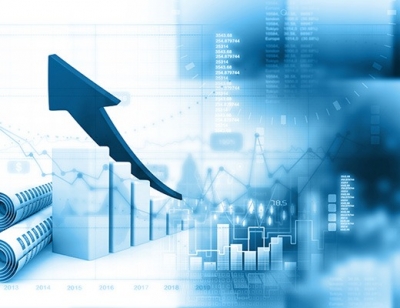
New Delhi, June 6 (IANS) A report compiled by the International Energy Agency (IEA), International Renewable Energy Agency (IRENA), United Nations Statistics Division (UNSD), World Bank, and World Health Organization (WHO) on Sustainable Development Goal (SDG) was released on Tuesday.
As per the report, the world is not on track to achieve the SDG 7 targets for energy by 2030.
The report titled ‘The 2023 edition of Tracking SDG 7: The Energy Progress Report’ warns that current efforts are not enough to achieve the SDG 7 on time.
“There has been some progress on specific elements of the SDG 7 agenda for example, the increased rate of using renewables in the power sector but progress is insufficient to reach the targets set forth in the SDGs,” the report read.
The global energy crisis is expected to stimulate the deployment of renewables and improve energy efficiency with several government policies pointing to increasing investment.
However, IRENA estimates show that international public financial flows in support of clean energy in low and middle-income countries have been decreasing since before the Covid-19 pandemic and funding is limited to a small number of countries.
“To meet SDG 7 targets and to ensure that people fully benefit from the socio-economic gains of the shift to sustainable energy, it is necessary to structurally reform international public finance and defines new opportunities to unlock investments,” read the report.
The report also found that mounting debt and rising energy prices are worsening the outlook for reaching universal access to clean cooking and electricity.
The authors urged the international community and policymakers to safeguard the gains made toward achieving SDG 7, to advance structural reforms, and to maintain a strategic focus on the vulnerable countries needing the most support.
The report will be presented to top decision-makers at a special launch event on July 11 at the High-Level Political Forum (HLPF) on Sustainable Development, ahead of the second SDG Summit in September in New York.
What is SDG?
This year marks the halfway point for achieving SDGs by 2030. SDG 7 is to ensure access to affordable, reliable, sustainable and modern energy. The goal includes reaching universal access to electricity and clean cooking, doubling historic levels of efficiency improvements, and substantially increasing the share of renewables in the global energy mix.
Attaining this goal will have a deep impact on people’s health and well-being, helping to protect them from environmental and social risks such as air pollution, and expanding access to primary healthcare and services.
Current projections estimate that 1.9 billion people will be without clean cooking and 660 million without electricity access in 2030 if we do not take further action and continue with current efforts.
These gaps will negatively impact the health of the most vulnerable populations and accelerate climate change.
According to WHO, 3.2 million people die each year from illness caused by the use of polluting fuels and technologies, which increase exposure to toxic levels of household air pollution.
–IANS
vg/daanish/arm
No related posts.










